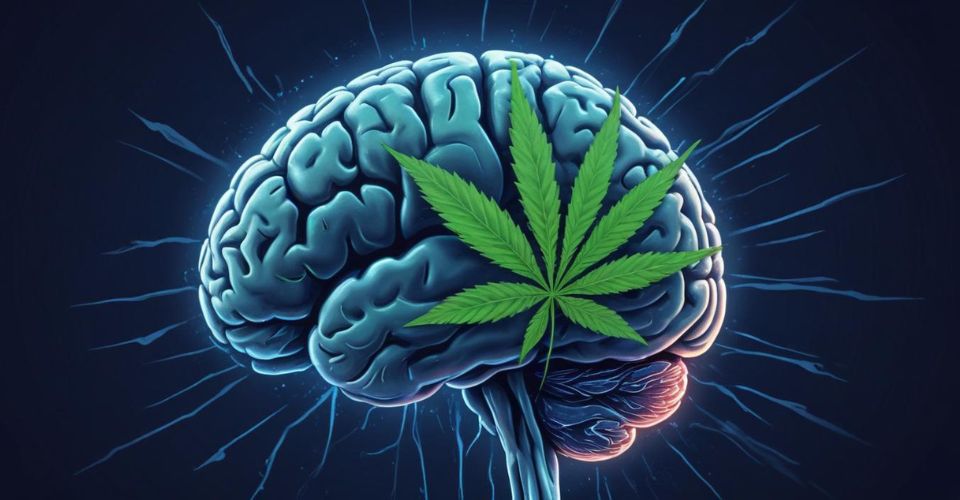Mental Health News
A team of researchers at Chiang Mai University, Thailand, revealed that Buddhism reduces risks of depression. The study is published in the journal PLOS ONE.
The Five Precepts Of Buddhism
The five precepts of Buddhism ask the adherents to refrain from:
- Killing
- Stealing
- Engaging in sexual misconduct
- Telling ill-intentioned lies
- Using intoxicants
The Study
In order to understand the negative link between Buddhism and depressive symptoms, the researchers conducted an online survey of 644 adults in Thailand. The survey assessed their levels of stress, neuroticism, and depressive symptoms, as well as their observance of the five precepts of Buddhism.
The Findings: Buddhism Reduces Risks Of Depression
The results revealed that practicing Buddhism reduces the risks of depression and similar mental health disorders. The authors elaborated: “The five precepts practice makes other people feel safe, as all these behaviors are harmless, and it potentially provides the stressful practitioner with a buffer against depression. [Therefore, Buddhism is good for mental health].”
To Know More You May Refer To
Wongpakaran, N., Pooriwarangkakul, P., Suwannachot, N., Mirnics, Z., Kövi, Z., & Wongpakaran, T. (2022). Moderating role of observing the five precepts of Buddhism on neuroticism, perceived stress, and depressive symptoms. PloS one, 17(11), e0277351. https://doi.org/10.1371/journal.pone.0277351




























